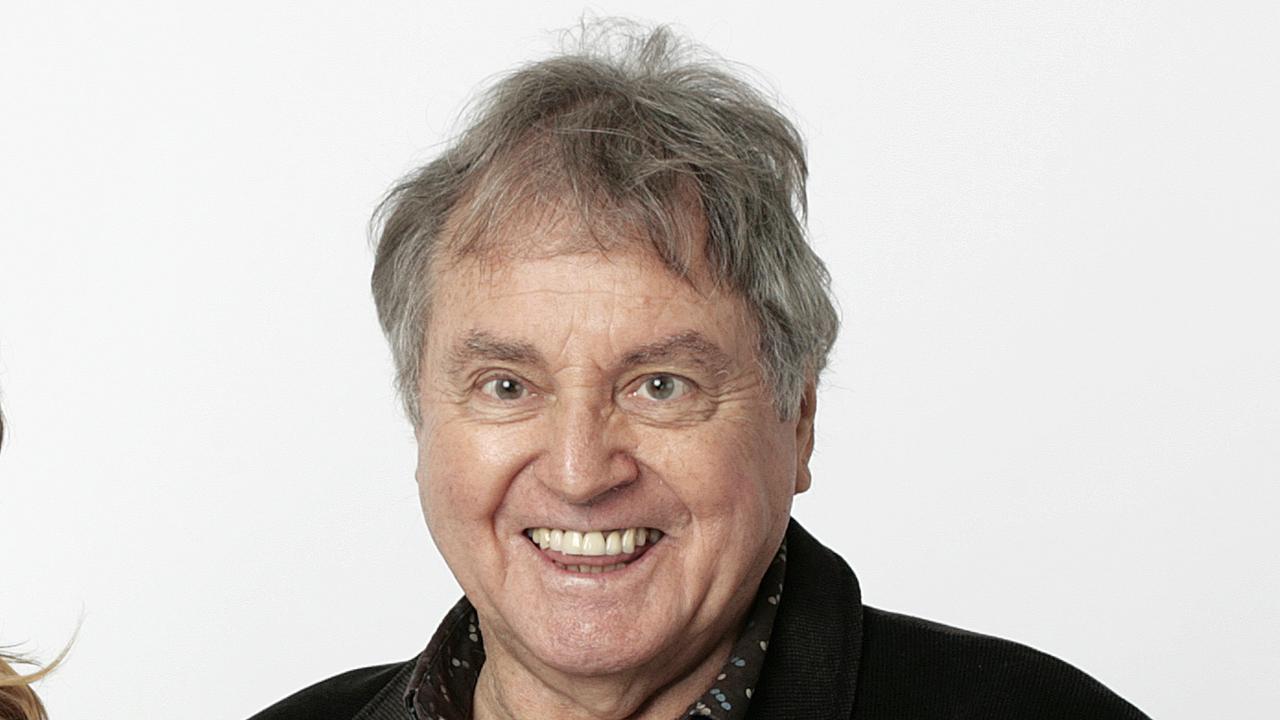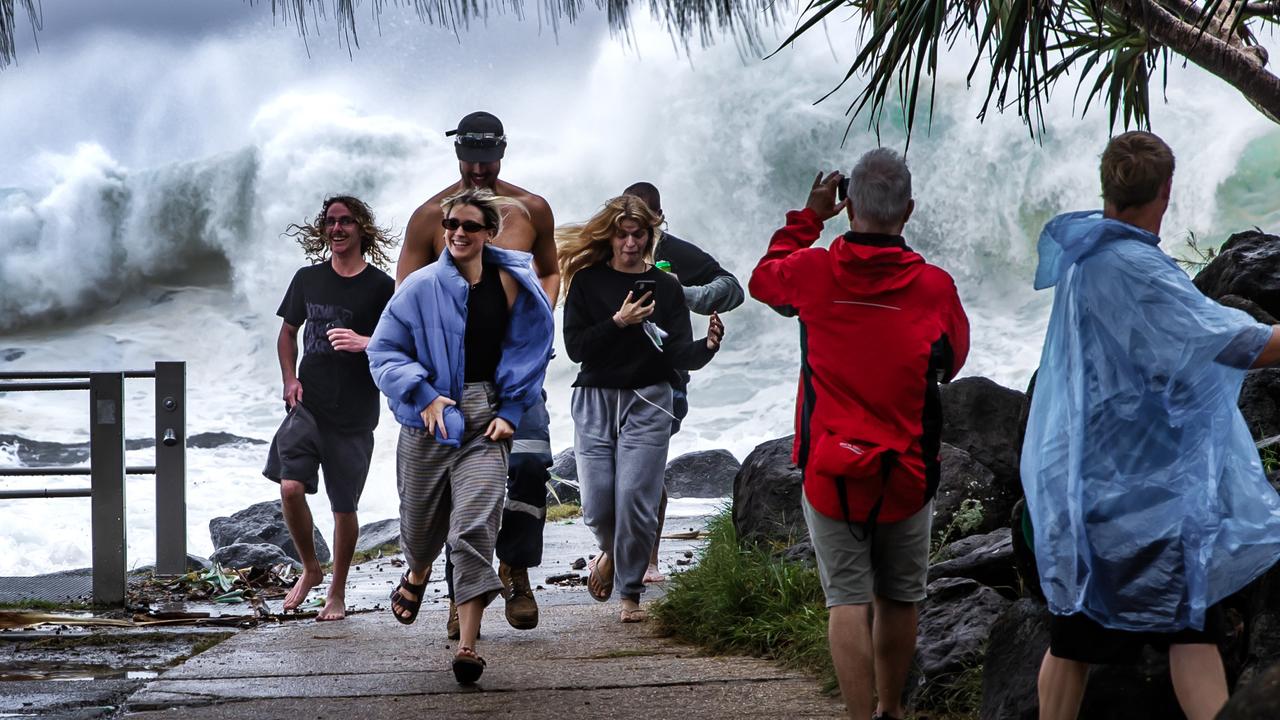Sea World Helicopters crash survivor reacts to pilot drug bombshell
A survivor of the Sea World Helicopters crash has expressed shock at the revelation her pilot had cocaine in his system.
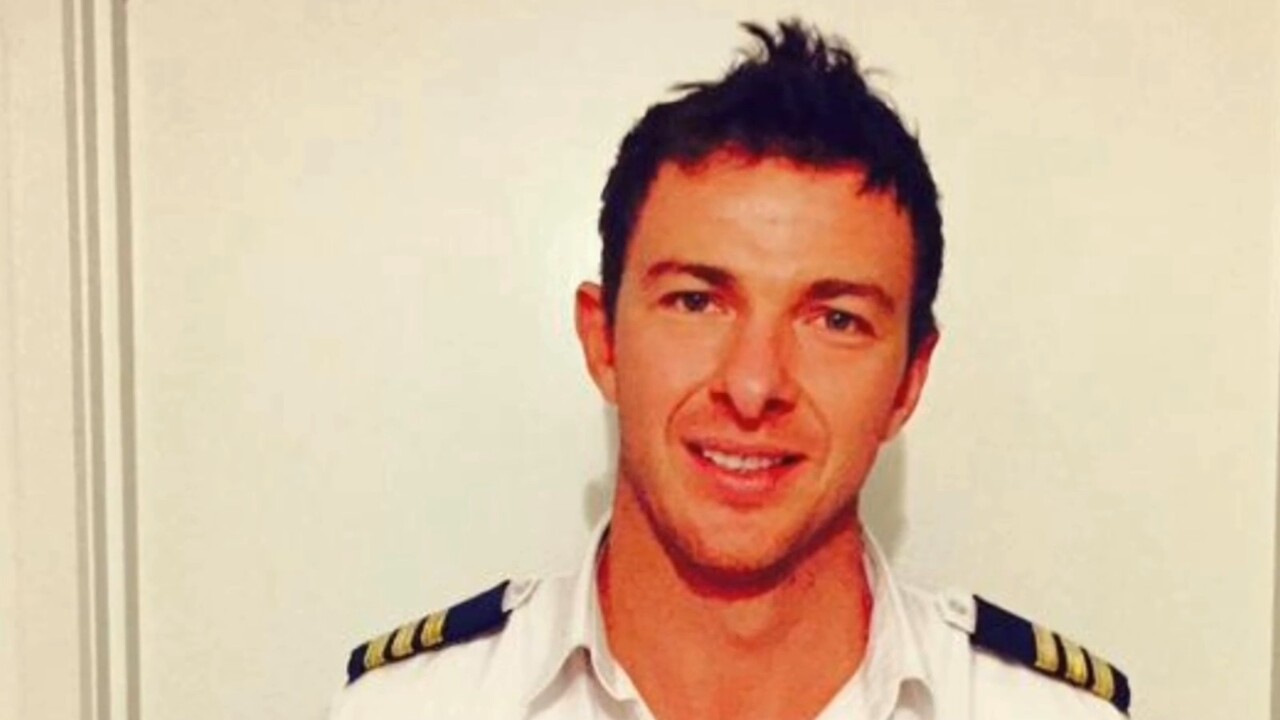
QLD News
Don't miss out on the headlines from QLD News. Followed categories will be added to My News.
A badly injured survivor of the Sea World Helicopters crash on the Gold Coast has expressed shock at the revelation the pilot flying the aircraft she was in had cocaine in his system, labelling it “insane”.
Winnie de Silva was speaking after a bombshell new Australian Transport Safety Bureau report revealed pilot Ash Jenkinson, who died in the joy flight disaster along with three tourists, had likely consumed the illicit party drug in the days before the crash.
But Mr Jenkinson’s shattered family immediately leapt to his defence, saying toxicology findings showed the quantity of cocaine was very low, that it was unlikely to have affected his flying motor skills and there were no signs of chronic stimulant use.
They said there were “multiple contributing factors to this terrible accident” and pleaded that the “negligible” drug finding “does not tarnish the memory of Ashley”.
The ATSB interim report was released on Tuesday on the 12-month anniversary of the helicopter crash which claimed the lives of Mr Jenkinson, British newlyweds Ron and Diane Hughes and Sydney woman Vanessa Tadros.
Mrs Tadros’ 10-year-old son Nicholas suffered critical injuries in the crash, and had his right leg amputated, while Victorian Ms de Silva and her nine-year-old son, Leon, were also seriously injured.
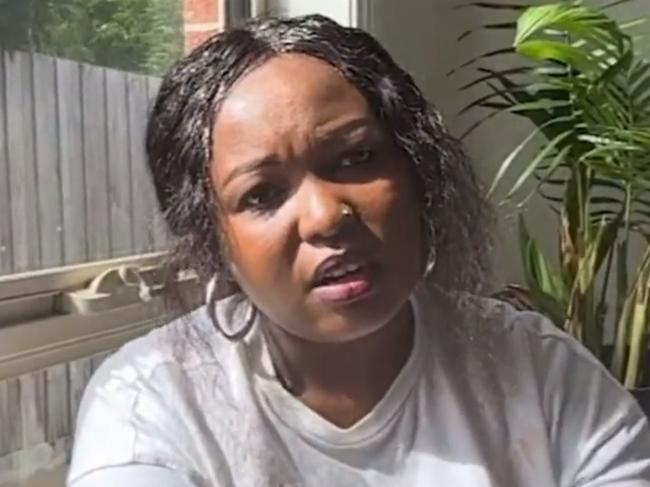
The seven occupants of the other helicopter all survived with little more than cuts and bruises after pilot Michael James managed to land safely on a sandbank in the Southport Broadwater.
ATSB chief commissioner Angus Mitchell said a toxicology report on Mr Jenkinson found “a positive result for low levels of cocaine metabolites”.
“A forensic pharmacologist engaged by the ATSB has stated that the very low concentrations of these metabolites suggest exposure was not likely to have occurred in the 24 hours prior to the accident, and it is unlikely there would have been impairment of the pilot’s psychomotor skills,” Mr Mitchell said.
“It is important to note while this is a substantive and comprehensive interim report, the ATSB is yet to make formal findings as to the contributing factors that led to this accident as we are continuing our analysis of that evidence.”
The report noted the toxicology tests indicated Mr Jenkinson had likely used cocaine up to four days before the crash, but there were “no signs of chronic stimulant use”.
“Cocaine is an illicit drug and can have harmful effects on pilot performance,” the report states.
“Effects include risk-taking, inattentiveness and poor impulse control.
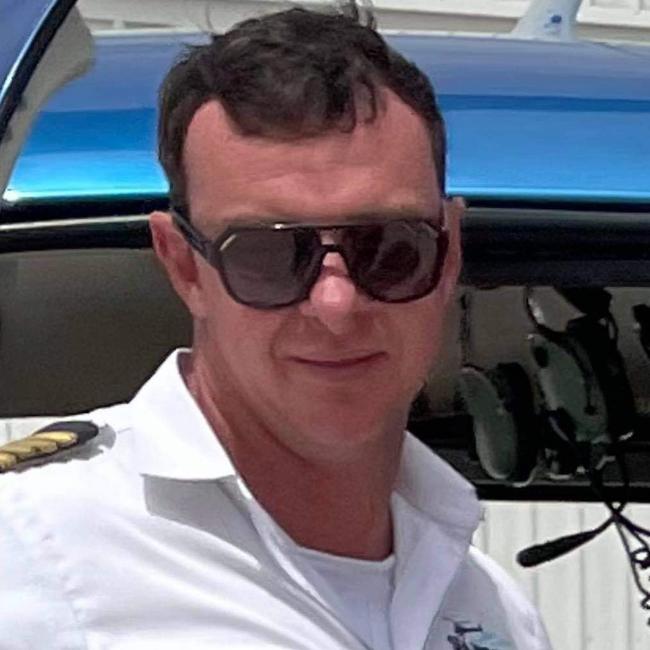
“The indication of exposure to cocaine is highlighted as the effects of cocaine and post-cocaine exposure increase risk in aviation activities.
“However, although it is unlikely (Mr Jenkinson) would have had any psychomotor skill impairment on the day of the accident, it is not known whether post-cocaine exposure effects of the drug which can include fatigue, depression and inattention, had any effect on the performance of the pilot.”
But Ms de Silva said it did not matter to her how long it had been since Mr Jenkinson had taken the drug.
“I’m literally shocked, that’s insane,” she said.
“People are not meant to have things like that in their system, it doesn’t matter if it’s been 24 hours or not, they should be cleared.”
Ms de Silva said she saw Mr Jenkinson sweating when he was trying to control the helicopter before it crashed.
“I saw him struggle; he was sweating on his face when he couldn’t stabilise the helicopter,” she said.
“I know it’s the worries of everything involved, but what do they want me to think?
“He was sweating, the wind was blowing, cocaine was in his system …”
Ms de Silva said the ATSB had not informed her of the new findings.
“I’ve never heard anything about cocaine, this is news to me. This is so bad. it has given me goosebumps,” she said.
Mr Jenkinson’s family urged people “not be distracted by this one element of the interim report … or this be the sole focus of the report”.
“It seems clear there were multiple issues with communication infrastructure, visibility, congestion and safety protocols identified among others,” they said.
“We know the operators have already undertaken reviews and changes since this event. We are grateful that these measures have been put in place to help prevent any future tragic accidents from occurring.
“We understand operational factors around communication and safety processes remain to be further investigated before the report is finalised.
“We urge that this finding does not tarnish the memory of Ashley, the person he was, the friend he was and all the hours and days of good deeds he did during his lifetime.
“After the accident, there was an outpouring of gratitude for the public and private acts of kindness and support Ashley showed throughout his life. We ask this not to be forgotten in today’s report.”
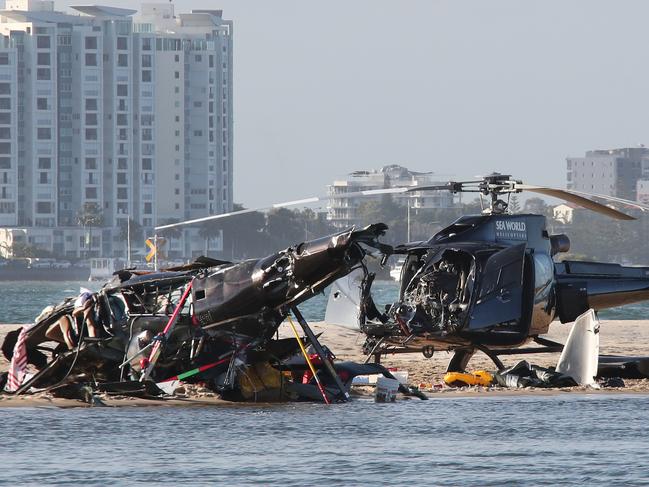
The ATSB report said Mr James had consented to drug and alcohol tests after he was taken to hospital for injuries, but they were not carried out.
Mr Mitchell said the ATSB had undertaken extensive work to understand the crash, including reviewing footage from passenger phones as well as on-board CCTV video.
Statements were taken from almost 90 witnesses.
“A large amount of the evidence gathered through this work is detailed in today’s interim report, and investigation into and analysis of many of these areas is ongoing,” Mr Mitchell said.
“This was a tragic accident, and it is our responsibility to make findings and drive safety actions, which reduce the likelihood of a similar occurrence in the future.”
He said the investigation would consider whether any systemic factors contributed to, or increased the risk of the accident. A final report is expected later this year.
Sea World Helicopters relaunched joy flights last April after a safety overhaul which included a new “pad boss” air traffic adviser.
In September, the ATSB issued a safety advisory notice after findings some passengers in the crash were not wearing correctly fitted seatbelts.
More Coverage
Originally published as Sea World Helicopters crash survivor reacts to pilot drug bombshell



